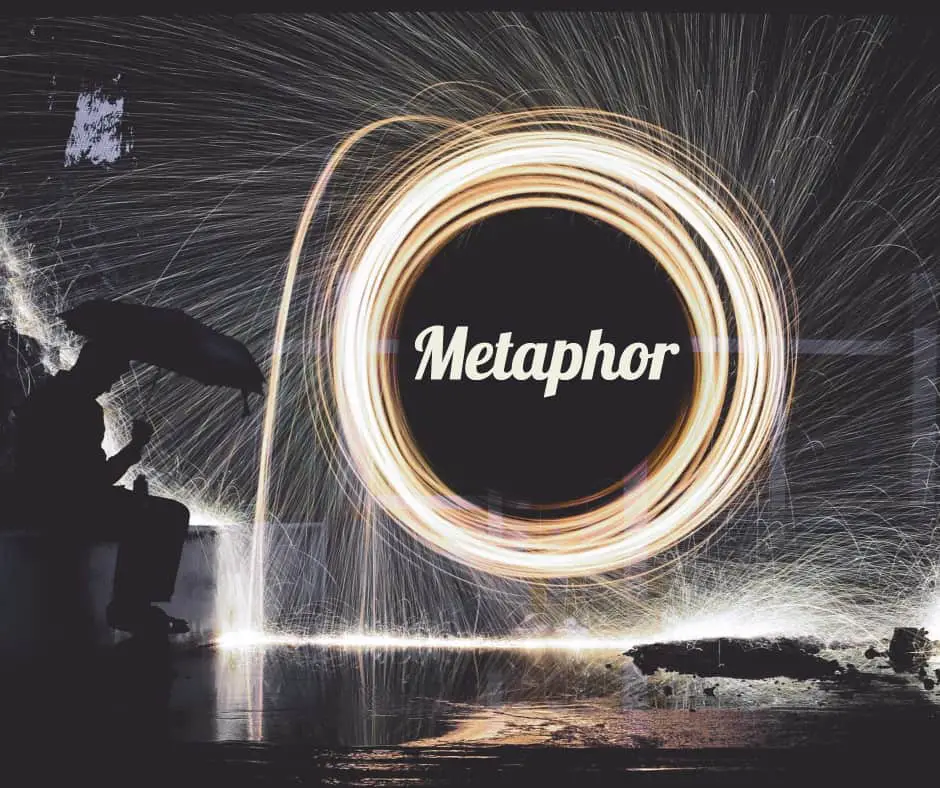-
The Female Injures Male Trope In Children’s Stories
Female on male violence is often used for comedic effect in storytelling. This holds true even when male on female violence would never fly. Is this a double standard?
-
Fathers In Children’s Literature
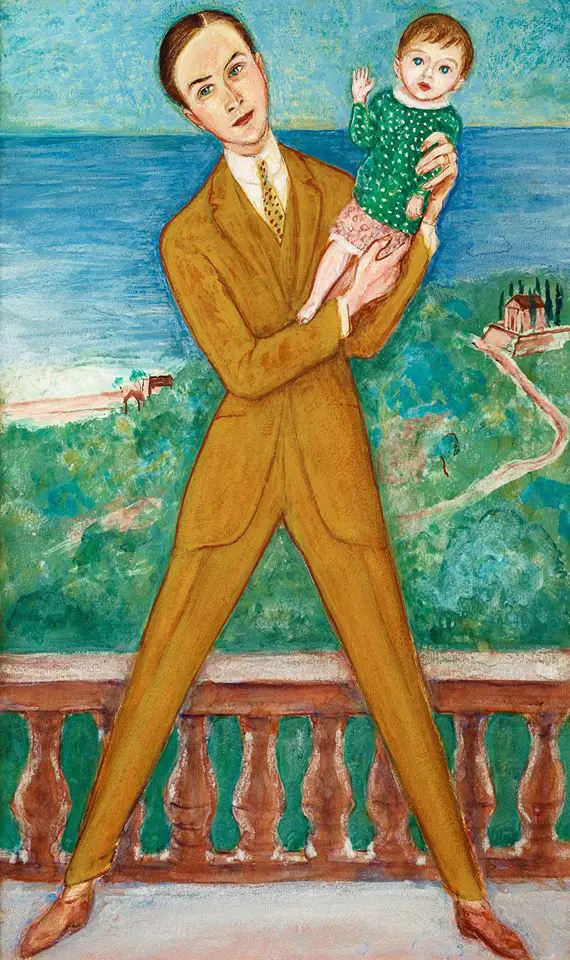
Across children’s literature, young readers see less of mothers than they do in real life, and, as a type of wish fulfilment, many see more interaction with fictional fathers.
-
The Three Main Types Of Modern Myth Stories
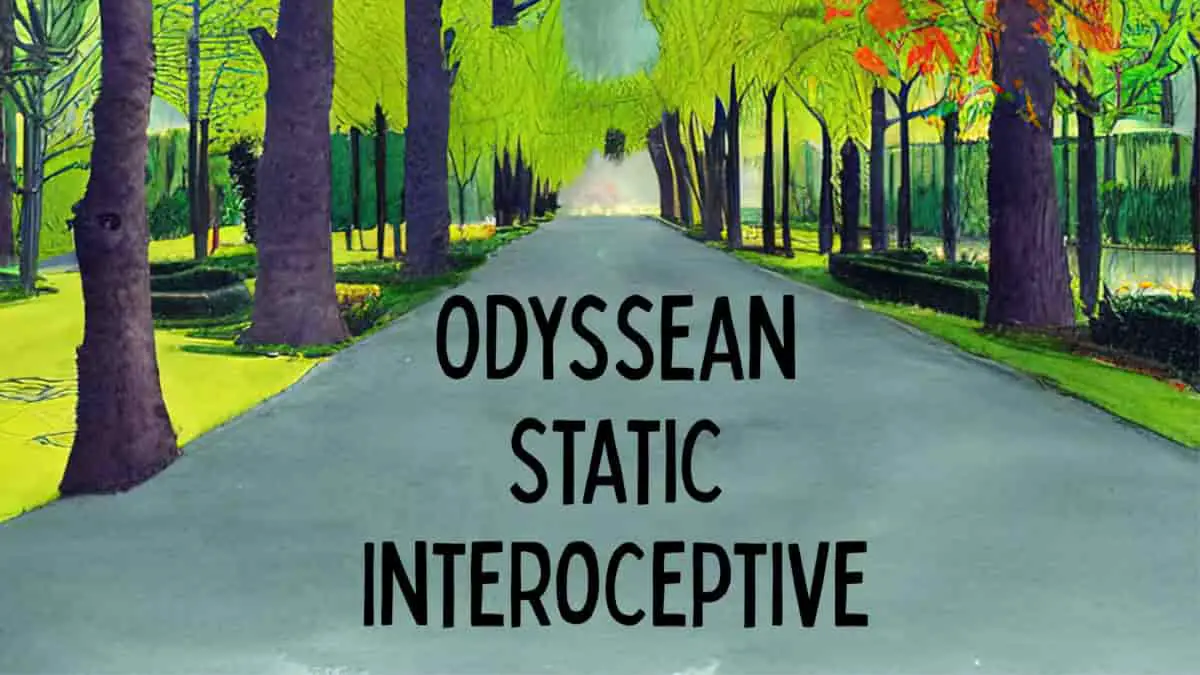
In everyday English, a myth is a story which is not true. In a myth, the surface level story is not true, but the symbols running through the story say something deeper about humankind. This is what makes it true.
-
Islands and Symbolism in Literature
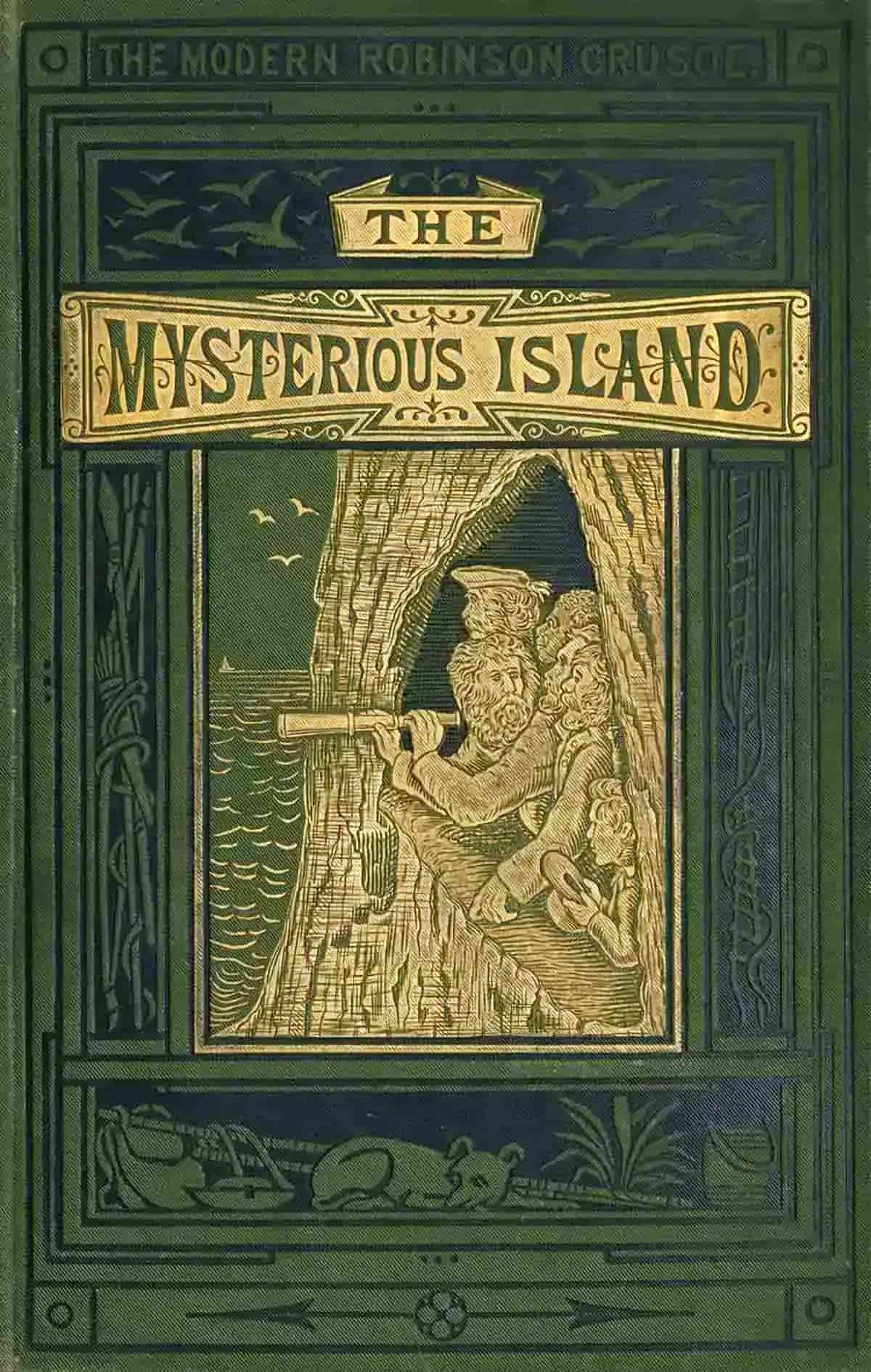
We see islands in the oldest literature we know, from Shakespeare’s The Tempest (Prospero’s Island) to Homer’s The Odyssey (Circe’s Island) to Jason and the Golden Fleece (Lemnos, Doilones, Cius etc). A well-known island from Greek mythology is Ogygia, considered ‘navel of the sea’. This island is mentioned in Homer’s Odyssey as the home of the nymph […]
-
Comparative Children’s Literature: Finland
Trends in Finnish children’s literature mirror trends in the English speaking world, but Finland is possibly more keen to keep its unique culture alive via children’s books. The Moomin stories are some of the weirdest and most inventive children’s books out there, and much beloved, especially in the Moomin family’s native Finland, where there is […]
-
Camp vs Kitsch
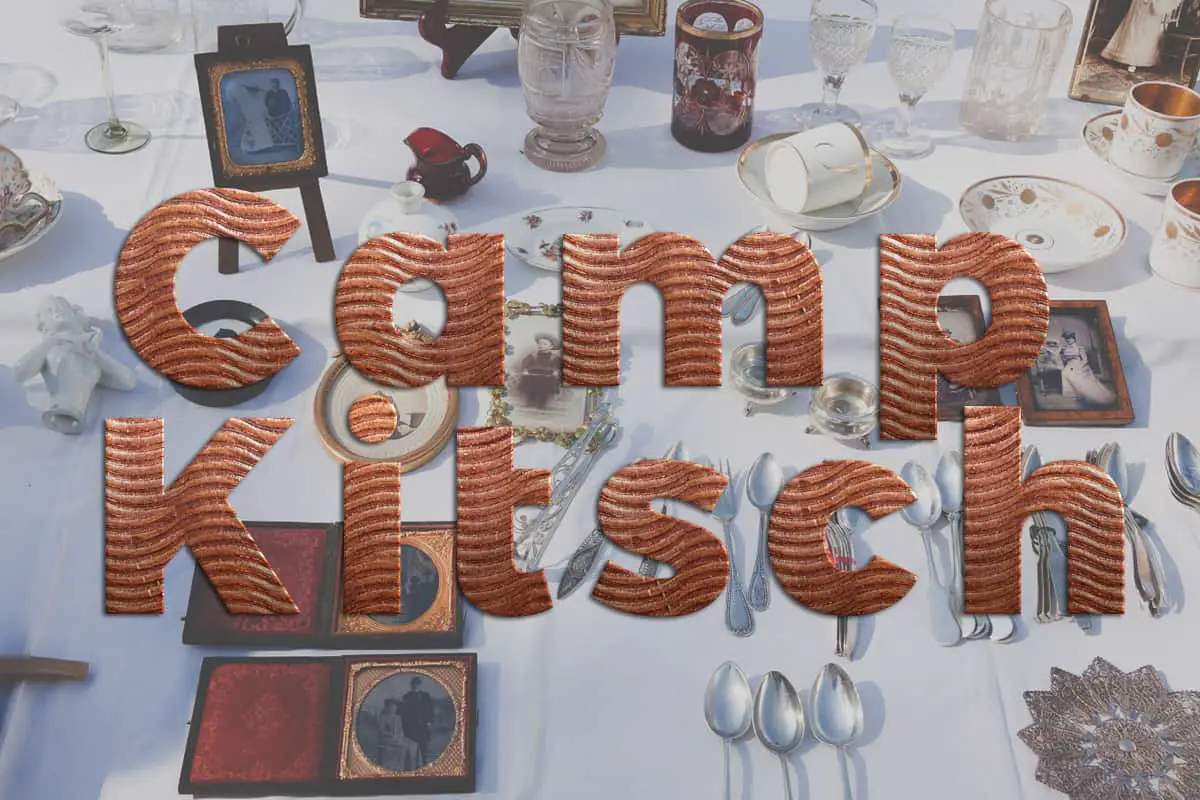
What is the difference between ‘camp’ and ‘kitsch’? Camp is playful; kitsch is judgy. CAMP: A PREFERENCE FOR REVERSAL AND REJECTION OF SINCERITY I heard someone, can’t remember their name, I think it was on the NPR podcast Pop culture Happy Hour, call the Fast and the Furious franchise “straight camp.” It occurred to me, […]
-
Babysitter’s Club Novel Study
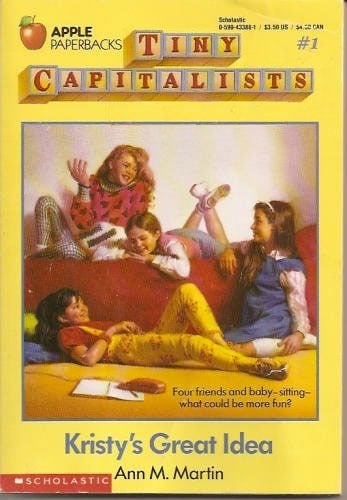
It would be easy to dismiss The Babysitter’s Club as an outdated storyline aimed at channeling girls into careers in childcare, turning them into good little obedient baby-machines and not much else. However, never judge a book by its title, right? (Because a lot of the time authors don’t choose their own titles anyhow.) And […]
-
Inspector Gadget: How Children’s Media Has Changed
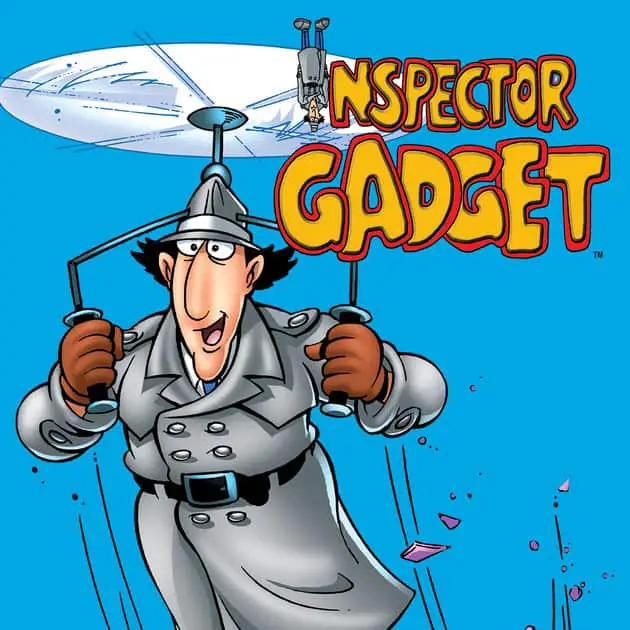
When a children’s story gets a remake we see more clearly how storytelling has changed. Inspector Gadget makes for a case study. Interestingly, Esquire calls this ‘the digital era’, under the idea that the use of computers has an integral impact on narrative. The medium is the message, and all that. 1. FASTER PACE Steven DeNure, president […]
-
TV Study: Stranger Things (2016)
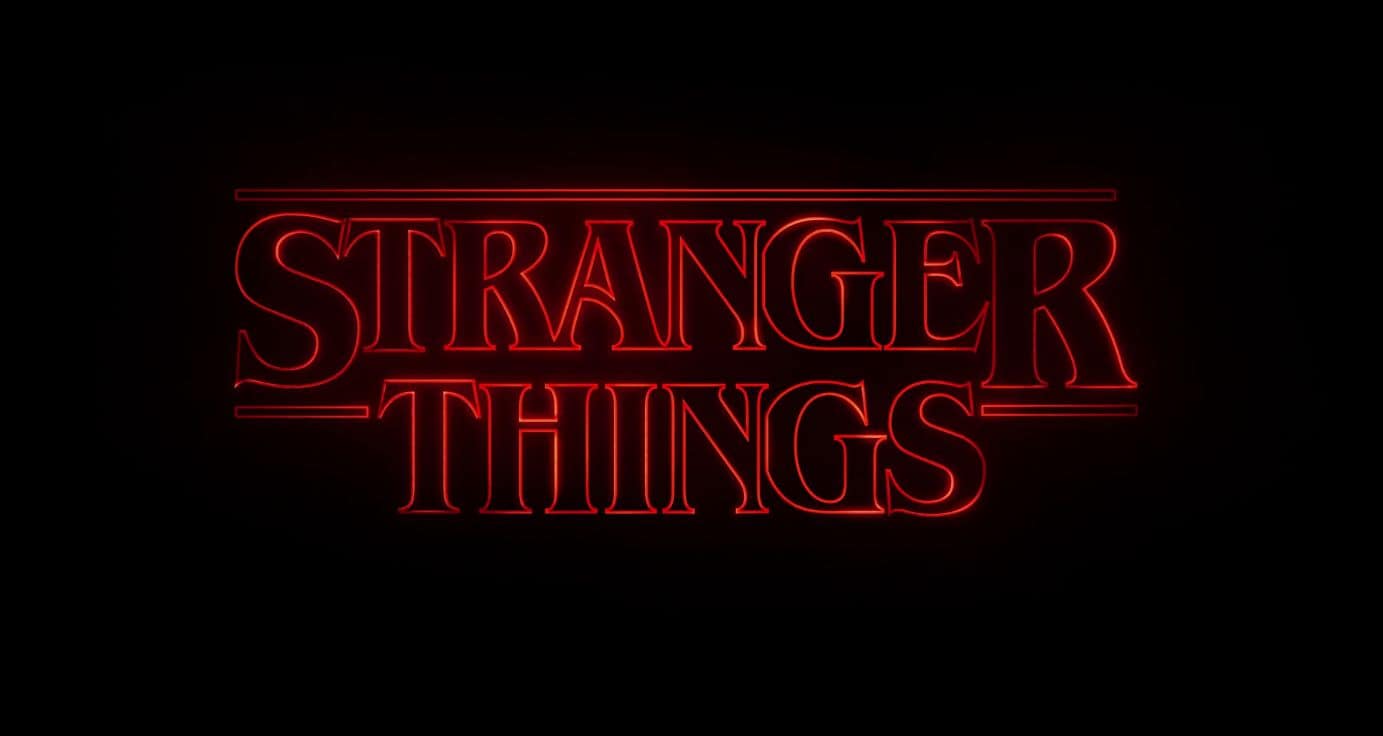
Stranger Things is a Netflix series created by the brilliantly named ‘Duffer Brothers’, out this year but set in 1983. Though I suspect strong ‘recency bias’, season one scores a very high 9.2 on IMDb. **CONTAINS ALL THE SPOILERS** The show feels like a mixture of Twin Peaks (with the missing kids and small community), Freaks […]
-
Pyrrhic Victories and Tragic Dilemmas In Fiction
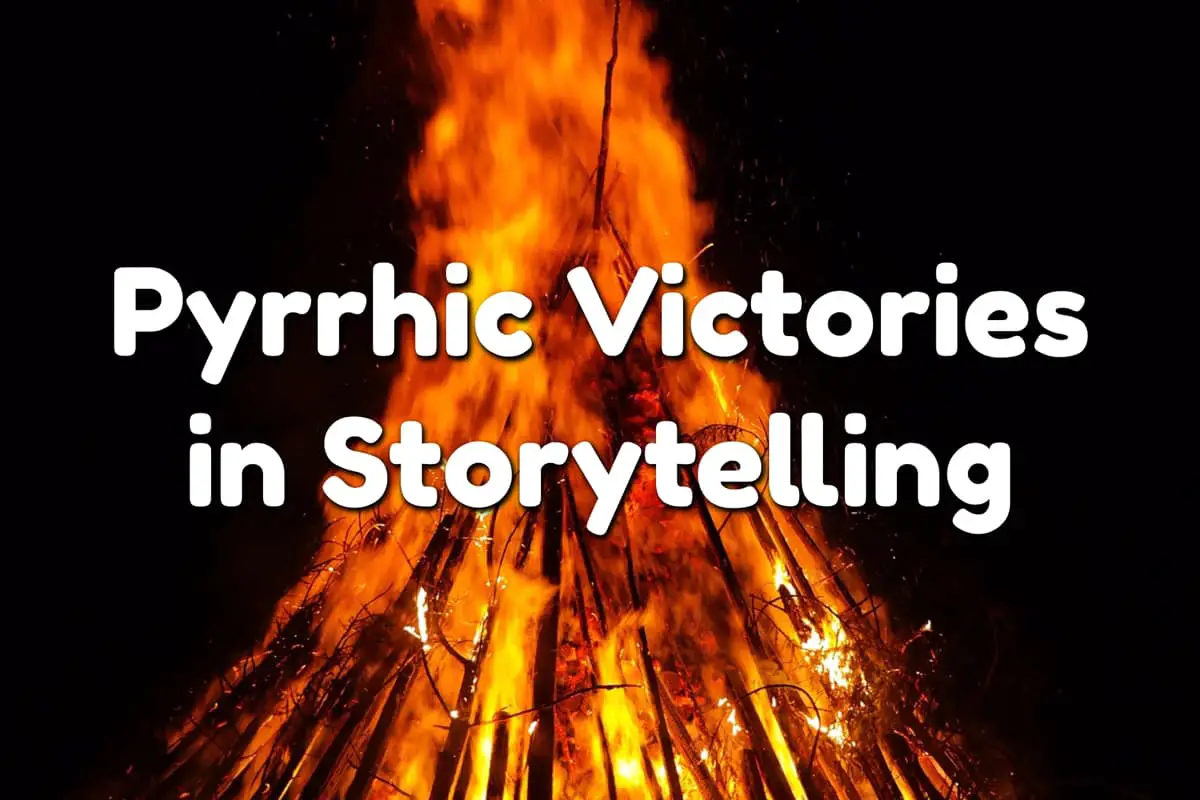
In the ultimate pyrrhic victory, the main character has achieved what needs doing but is dead by the end of the story.
-
Psychological Novel And Children’s Literature
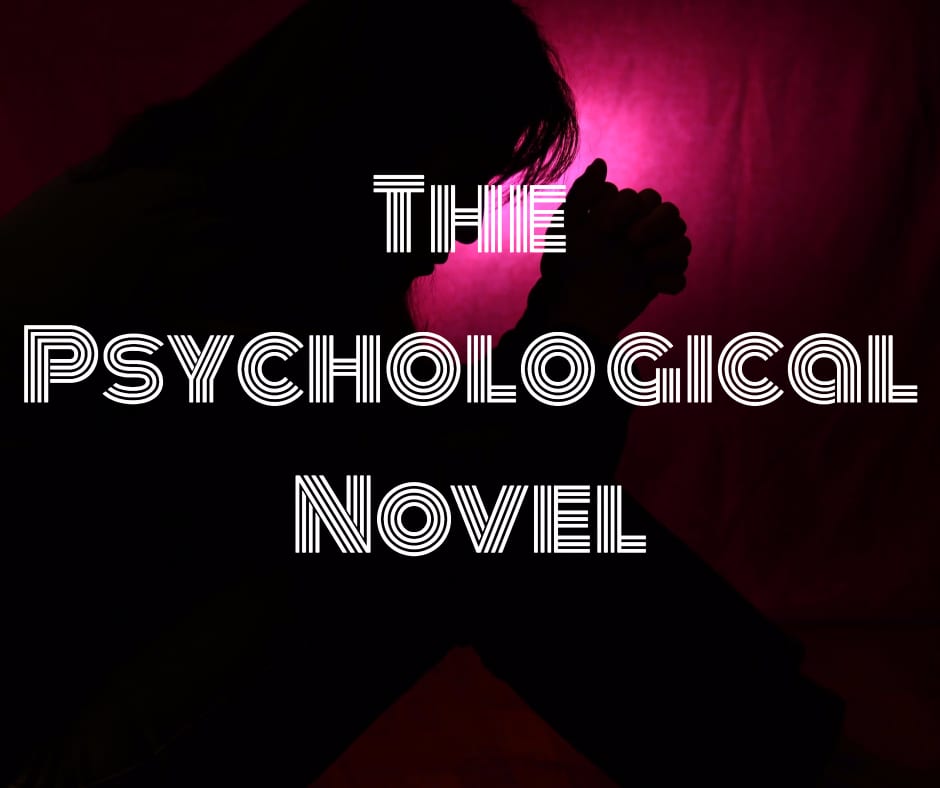
Modern young adult literature bears many similarities to what has previously been called ‘the psychological novel’. A psychological novel is a work of prose-fiction which places more than the usual amount of emphasis on interior characterisation, and on the motives, circumstances, and internal action which springs from, and develops, external action. Wikipedia The psychological novel is also called “psychological realism”. A […]
-
Olivia and the Fairy Princesses by Ian Falconer Analysis
Olivia and the Fairy Princesses is the third Olivia book I’m taking a close look at; the first was Olivia, which I really liked; the next was Olivia and the Missing Toy which I really didn’t and now for a story which has garnered Olivia a bit of a reputation among reviewers on social media […]
-
Anton Can Do Magic by Ole Könnecke Analysis
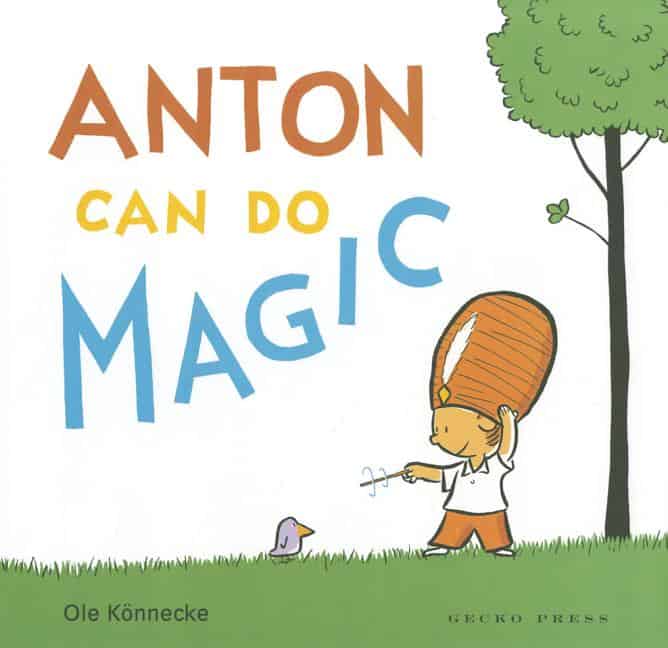
Anton Can Do Magic by Ole Könnecke is a great book for parents who would like to teach their kids The Magic of Reality (as expressed by Richard Dawkins and others). Written and illustrated by a German picturebook maker, this was translated by New Zealand’s Gecko Press. Anton Can Do Magic is part of a […]
-
The Very Hungry Caterpillar Picture Book Analysis

Along with others such as Goodnight Moon, The Very Hungry Caterpillar makes for an excellent case study into how simple can equal super-popular. I like this book because of its subtle healthy-eating message. So many picture books rely upon stock yuck, but here it’s the green food that saves the caterpillar. The “Book Will Turn […]
